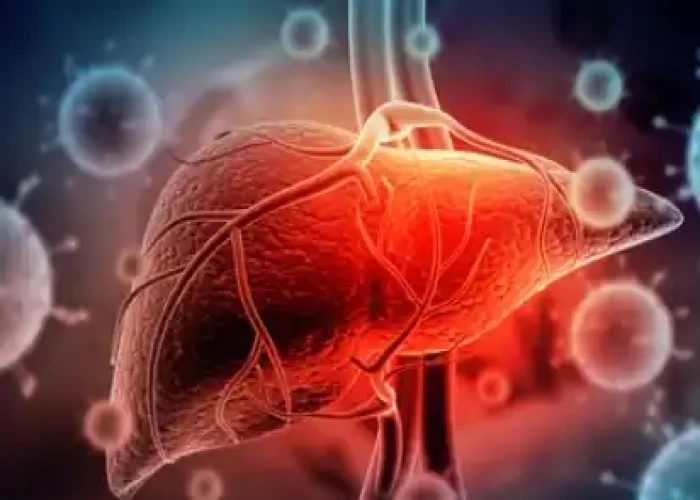 Welcome
Welcome
“May all be happy, may all be healed, may all be at peace and may no one ever suffer."
- A
- B
- C
- D
- E
- F
- G
- H
- I
- J
- K
- L
- M
- N
- O
- P
- Q
- R
- S
- T
- U
- V
- W
- X
- Y
- Z
Insanity - Yoga remedies
Insanity is a term used to describe a mental state characterized by severe impairment of an individual's behavior, thought processes, and emotions. It is a complex and multi-dimensional concept that has been studied and defined by different disciplines and fields of study, including psychology, psychiatry, and law.
In psychiatry, insanity is generally considered a legal term rather than a clinical diagnosis. It refers to a state of mind in which an individual is unable to distinguish between right and wrong or to control their behavior. This may be due to a mental illness, such as schizophrenia, bipolar disorder, or severe depression, or other factors such as substance abuse or trauma.
The concept of insanity has been controversial throughout history and remains so today. Some argue that it is a social construct rather than a medical condition and that the legal system should focus on holding individuals accountable for their actions rather than determining their mental state at the time of the offense.
In the legal system, the defense of insanity is used to argue that a defendant should not be held criminally responsible for their actions because they were not in control of their behavior due to mental illness. This defense has a high bar for success and typically requires a formal diagnosis of mental illness and expert testimony to demonstrate that the defendant did not understand the nature and consequences of their actions.
Treatment for insanity typically involves a combination of medications, therapy, and support services to manage symptoms and improve quality of life. In some cases, hospitalization may be necessary to ensure safety and provide intensive treatment.
In summary, insanity is a term used to describe a mental state characterized by severe impairment of behavior, thought processes, and emotions. It is a complex concept that has been studied and defined by different disciplines and fields of study. In psychiatry, it is generally considered a legal term rather than a clinical diagnosis, and in the legal system, the defense of insanity is used to argue that a defendant should not be held criminally responsible for their actions due to mental illness. Treatment typically involves a combination of medications, therapy, and support services.

Liver and spleen enlargem...

Allergy

Sick

Burnt

Slimness

Typhoid

Snakebite

Pyorrhea
Insanity, উন্মাদ রোগ
To be happy, beautiful, healthy, wealthy, hale and long-lived stay with DM3S.